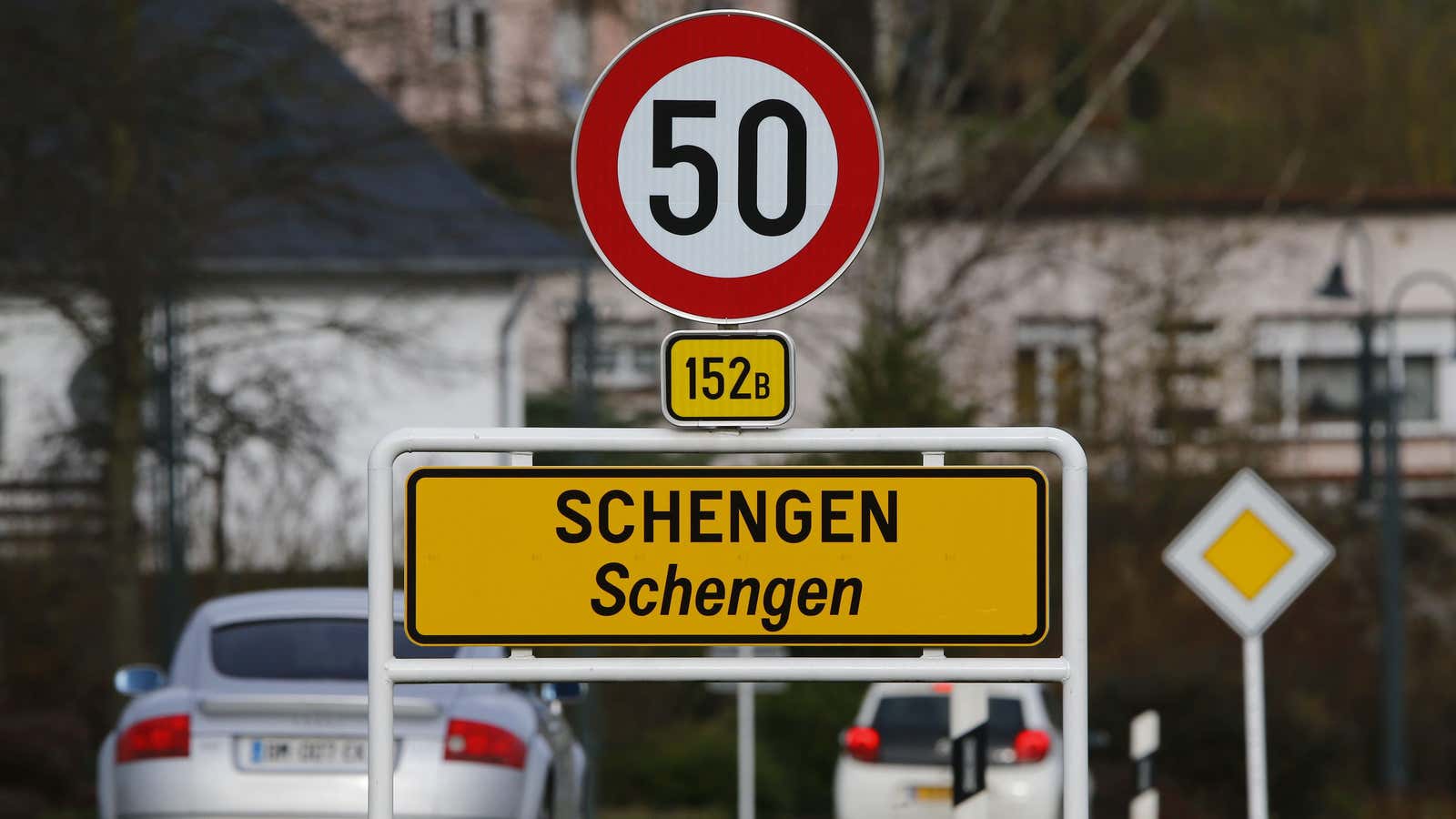Citizens of Georgia and Ukraine have won the right to travel visa-free through 26 European countries in the Schengen zone, thanks to a Dec. 8 agreement between European Union members and delegations from the two countries. Turning the agreement into practice, however, has yet to be implemented, as Donald Tusk, president of the European Council, noted on Twitter.
Closing the deal took many months. On Dec. 6, Tusk expressed concern that further delays would compromise the credibility of the EU, “which has categorically and repeatedly committed itself to the issue,” as he wrote in a letter to Martin Schulz, the president of the European Parliament.
“At stake here are the legitimate hopes and aspirations of the nations who are our neighbours,” warned Tusk. Georgia had been waiting for a decision since December 2015, and Ukraine since April 2016.
Mainly responsible for delaying the agreement was a recent wave of xenophobia and anti-immigration sentiment that has spread through Europe. Earlier this year, the Wall Street Journal (paywall) reported that Germans feared Georgian organized crime rings entering the country, while France worried that an influx of visa-free travelers would increase its vulnerability to terrorism. With critical French and German elections around the corner, the new agreement could be politically risky.
Yet, the EU has much to gain from its pact with Ukraine and Georgia, too. Visa-free travel in the Schengen area is believed to be an important incentive for Georgians and Ukrainians to accept a series of reforms aimed at aligning them with Europe, and away from Russia’s orbit.
Ukraine and Georgia join a list of over fifty countries whose citizens do not need visas to enter the Schengen area. According to the agreement, that right could be revoked for up to nine months in the case of a surge of arrivals or asylum requests from these two countries.
Kosovo and Turkey currently have bids pending for visa-free status. In exchange for Turkey keeping migrants on its shores, the EU seemed likely to ease visa rules earlier this year, but the government’s recent crackdown on civil society following a coup attempt in July has affected the negotiations.
